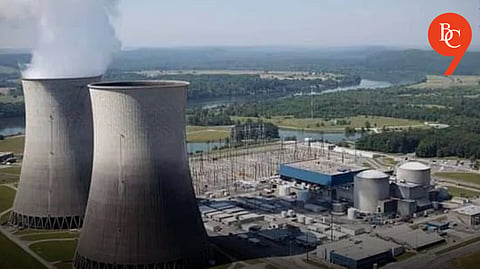

Recent revelations from classified US intelligence documents dating back 30 years have surfaced amid escalating tensions between India and Pakistan following the deadly terror attack in Pahalgam, Jammu and Kashmir. These confidential papers indicate that in the event of a full-scale war between the two nuclear-armed neighbors, the use of nuclear weapons was considered a real possibility by US analysts.
The Pahalgam attack on April 22, 2025, which claimed 26 lives including tourists and security personnel, has significantly heightened hostilities between India and Pakistan. India has accused Pakistan-based militant groups of orchestrating the assault, leading to a series of retaliatory diplomatic and security measures, including India’s suspension of the Indus Waters Treaty and closure of key border crossings.
The newly disclosed intelligence reports, originating from the US Department of Defense and Central Intelligence Agency archives, highlight the longstanding volatility of the India-Pakistan conflict. According to these documents, US officials had assessed that any major military confrontation over Kashmir could escalate rapidly, with both countries potentially resorting to tactical or strategic nuclear weapons to gain advantage or deter aggression.
These findings underscore the grave risks inherent in the Kashmir dispute, which has been a flashpoint since the partition of British India in 1947. The documents also reflect the intense international concern over South Asia’s nuclear capabilities and the fragile peace maintained through decades of conflict and diplomacy.
In the current context, the Pahalgam attack has triggered exchanges of fire along the Line of Control (LoC), diplomatic downgrades, and heightened military alertness on both sides. Indian Prime Minister Narendra Modi has vowed to track down and punish those responsible “to the ends of the earth,” while Pakistan denies involvement and calls for de-escalation.
The US and other global powers have urged restraint, emphasizing the catastrophic consequences that any nuclear escalation would entail. The resurfacing of these intelligence documents serves as a stark reminder of the catastrophic potential of the India-Pakistan rivalry and the urgent need for diplomatic solutions to prevent further bloodshed.
As security forces intensify operations to apprehend militants linked to the Pahalgam attack, the international community watches closely, hoping to avoid a conflict that could spiral beyond conventional warfare into nuclear confrontation.
